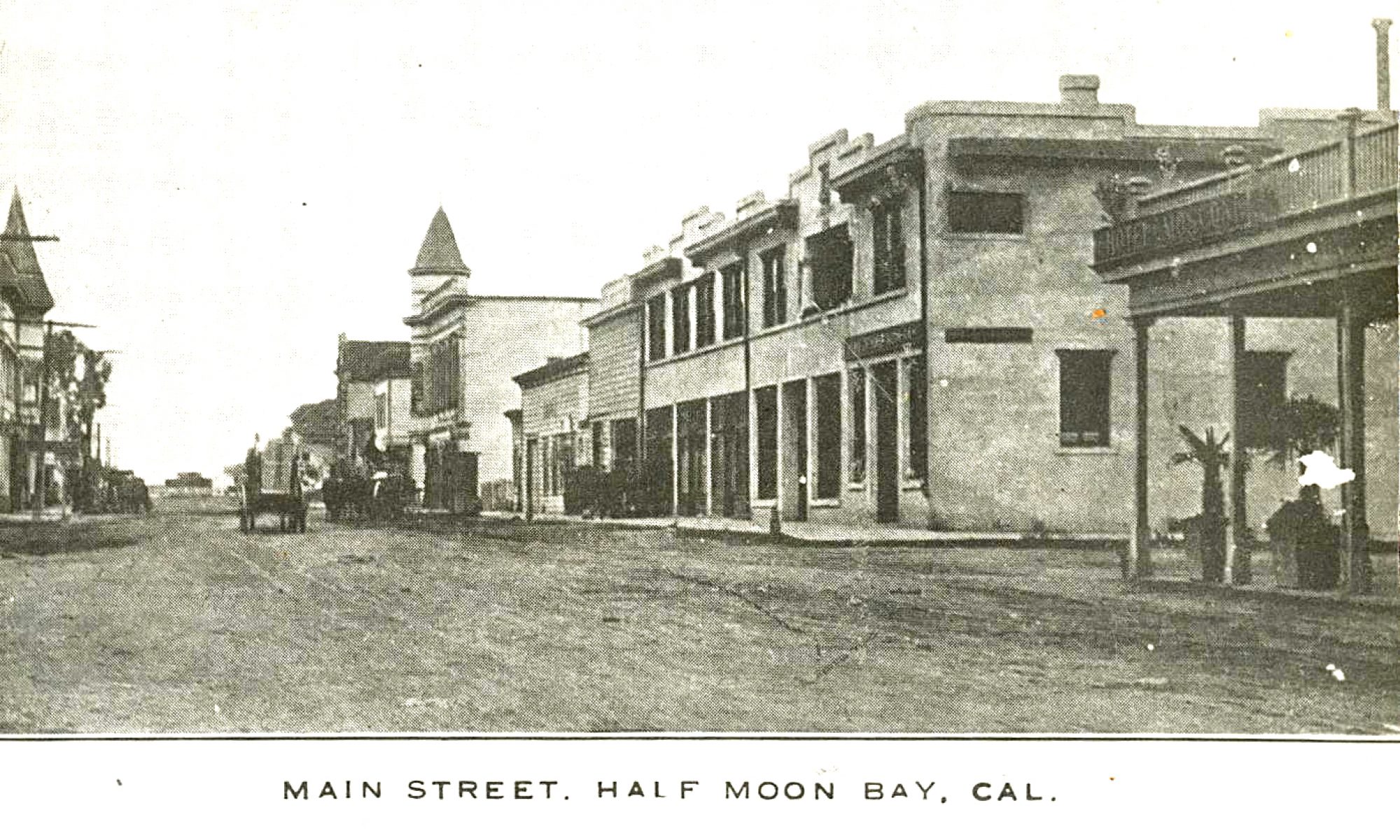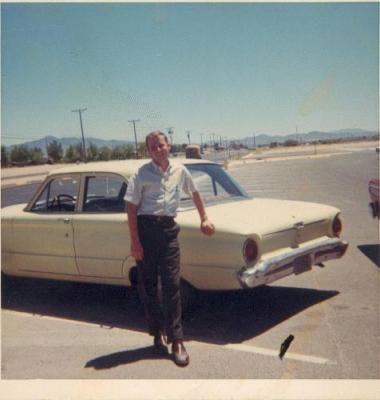Channing Pollock, world class magician, movie star but most of all a spiritual person.
(My photo of Channing taken at San Gregorio Farms in the 1970s)

Created by June Morrall
Burt and I had to go to Las Vegas on business– the magical glittering town’s ad campaign advises “what happens here, stays here”, but, for me, it’s simply not possible to stay too long. Two nights is just perfect, I think.
It was dark when we flew out of Oakland– but getting there was filled with the kind of terror you feel when you’re on time and then you’re really late. Traffic was terrible and we couldn’t figure out why until at the airport exit there was an injury accident and the most fire engines I have ever seen.
We thought we were on the last flight out and calmed ourselves by being cool, Well, whatever happens, happens.” In reality, of course, we were gritting our teeth.
With minutes left to get to the Southwest gate we sprinted out of the car and into the terminal, with one piece of carry-on luggage and this small but ancient, heavy suitcase that we had to bring. Luckily a uniformed woman directed us to a security checkcpoint that had no business. We were getting a break but I forgot to wear shoes I didn’t have to remove and in my rush I forgot to put the carry-on on the conveyor belt thingy, all of which made me and everybody else dizzy.
Here we are with no minutes to spare and we learn that our gate is the last gate in the terminal and while the carry-on can be rolled, we’ve got this heavy old suitcase that has to be hand carried. What a nightmare.
At the gate the ticket-taker said, “We were about to give your seats away.” We were the last pair to board, with seats at the very back of the full plane. But we made it.
Burt was carrying the old suitcase and it looked like it hadn’t seen light in a long time prompting a passenger to say, “Next time why don’t you dust the suitcase before you bring it.”
“You can see how long it’s been since I’ve traveled,” Burt quipped.
Next to us sat a young Irish fellow who had lived and worked in San Francisco for seven years. In Vegas he was meeting the rest of his large family, siblings and mother who lived in Dublin–they had never seen the eighth wonder of the world and he wanted to be there to enjoy their reactions.
We talked about Ireland because I had heard there was a big real estate boom, with housing prices skyrocketing, and Chinese restaurants on every block, and, in general the economy was prospering due to high tech. He confirmed all of the above but cautioned that the prosperity wasn’t benefiting everybody–it was a bit picky.
Most interesting to me was that he said he never wanted to go back and live in Ireland. He visited the place of his birth a couple of times a year but he said he loved America.
An hour-and-a-half later we landed in Vegas. We got in the taxi line which was moving fast and the dark skinned, very muscular looking guy wearing two earrings in front of us captured our attention.
“Are you a wrestler?” Burt asked.
“I used to do cage wrestling,” he said.
“You’ve got the look,” Burt said.
He said, “I work for the government now, I’m a pencil pusher.”
Burt and I looked at each other. He didn’t look like a pencil pusher.
A few minutes later he said, “No, I’m a bounty hunter. I’m the one they send out to bring the bone back home. Somebody else got my guy so I’m just relaxing.”
The wrestler-pencil-pusher-bounty hunter disappeared into a cab and so did we.
Our trip to Vegas was turning into a movie.
On the strip where imagination rules the building of hotel-palaces and gambling casinos, there is an incredible building boom going on. This morning there was a story about a tacky-looking shack selling for over 1 million buck. In this desert of dreams, condos and houses are going up in the least likely places,in fact, they’re going up any old place. Two experts I know, one an economist, the other a Midwest realtor, said when the building bubble bursts, it will start in Vegas.
The first time I visited Las Vegas was with my father in the late 1960s. There was no terminal. We stepped off the plane in the searing heat and walked across the field. I don’t recall any large buildings. I was there because a high school friend, Danny, had asked my father for my hand. Danny was going to UNLV in Vegas and worked as the assistant to a state senator. Danny was a sweet Catholic boy who had been kicked out of Sacred Heart in San Francisco for playing too many pranks. He ended up at Lincoln High School where I was going and that’s how we met. We didn’t marry.
(PHOTO, Below, right. This is Danny in Vegas, back when. I always wanted to be a writer and he once said, “I hope I get a chapter in your book.” Well, Danny, I hope a graph is okay for now.  )
)
I’ve been to Vegas many times since. Burt was there even earlier, when the Stardust was being built, or another hotel with a romantic history.
When Burt and I were there over the weekend, we took a cab to the Mandalay Hotel’s Convention Center. Our cab driver was a woman from Eastern Europe, very interested in world politics. Like the Irish fellow we met on board the Southwest flight, she loved America and never wanted to go back to Europe. She had lived in Italy, a beautiful place, but said you can’t find a job there unless you know somebody. The police was a good place to start, she said.
I don’t know if you’ve seen those Vegas convention centers but the one at the Mandalay is mammoth. Long, long halls, long, long walks. Everything is extra large in Vegas.
Somewhere along our travels we learned that Bill Clinton was coming to town, staying at the Bellagio for a fundraiser.
Yeah, I gambled at the Venetian, where we stayed on the concierge level, both a lovely and quiet experience. I favor the slots but most of them don’t crank out real coins anymore. You get a piece of paper and I guess this is an extension of the cashless society. While the paper is printing there is the recorded sound of coins coming out–I like the slots because it’s mindless work that cleans out the “mind’s disk”.
To wrap up, we were picked up by a friend who was taking us to his brother’s home to look at some things he wanted appraised. His 70-year-old brother had died a few months earlier–for decades he had been a casino manager. It was clear that the 1970s was the peak of this man’s life. The house was built in the 1970s, and, as a single man all of his life, his home underlined that sort of lifestyle. I could see it as a partyhouse. His car, though a late model, had the furry seat covers. There was a photo of him with that fluffy hair look.
The ride from Vegas to the airport was fascinating but I’ve thought about it, and I can’t, not now, anyway, tell you about that conversation with the cabbie. Another time.